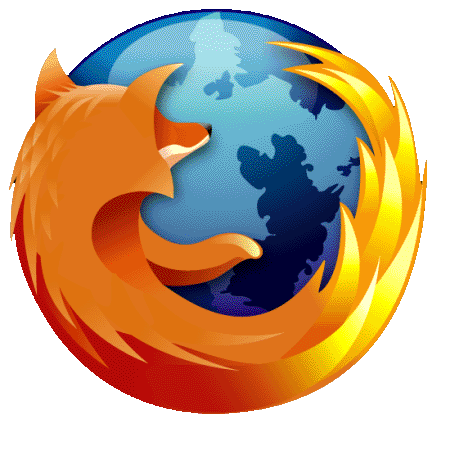Google's Chrome recently exiled plugins such as Silverlight and Java, and disabled Flash Player's auto-playing ads by default. Mozilla's Firefox has also recently published a blog post in which it announced that it will stop supporting almost all old-school Netscape Plugin Application Programming Interface (NPAPI) web plugins by the end of next year, with the exception of the Adobe Flash Player.
The browser company is banning technology that is multiple decades old. NPAPI plugins' removal was announced by a Mozilla engineering manager in a post on October 8, Thursday, according to Computerworld.
NPAPI is an ancient plug-in whose history dates back to the 1990s browser Netscape. The browser itself went the way of the dodo bird during Microsoft's legal battle for the web browser market, but NPAPI is still supported by Mozilla's Firefox and Apple's Safari.
With the exception of Flash Player, Mozilla will be disabling all other web plugins. Meanwhile, platforms such as the 64-bit Firefox for Windows will launch without requiring any plugin support, according to Engadget.
Google's Chrome browser recently ditched its support of all NPAPI plug-ins. Meanwhile, Microsoft's Internet Explorer (IE) has used a multiple-year process to help users make the switch. Windows 10's Microsoft Edge default browser has also removed NPAPI.
Mozilla would likely dump NPAPI support by Dec. 27, 2016 or later. That is when Firefox 52 will be shipped out based on its six-week new update schedule.
Net Applications reported that Firefox only made up 11.5 percent of the browser market share in September. That is its lowest figure since August 2006.
Mozilla Firefox was created under the name "Phoenix" and released in September 2002.



























